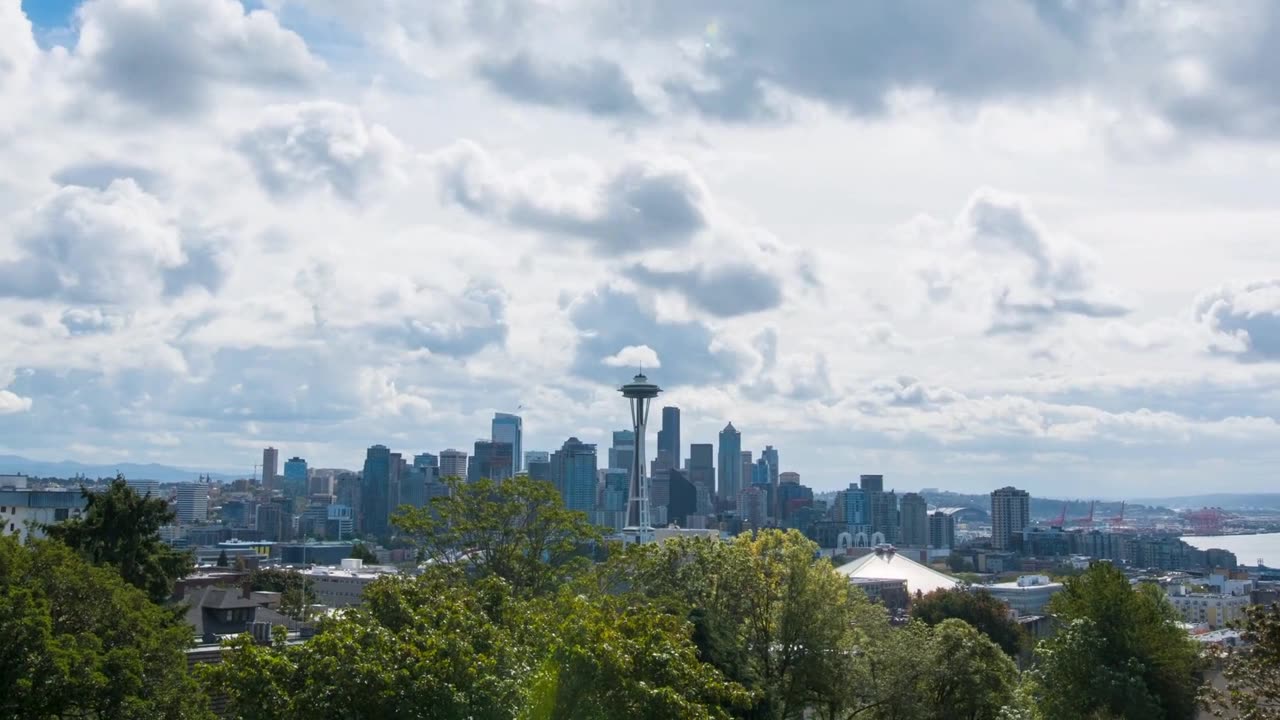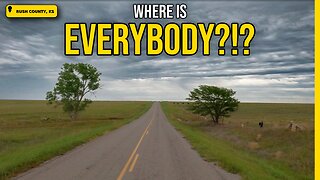Premium Only Content

Government shut down, what will happen?
When the U.S. government shuts down, it means that a significant portion of federal government operations and services come to a temporary halt due to a lack of funding. Government shutdowns typically occur when Congress fails to pass a budget or a continuing resolution to fund government agencies and operations. Here's what happens during a government shutdown:
Federal Employees: Many federal employees are furloughed, which means they are placed on unpaid leave and are not allowed to work during the shutdown. However, some employees in essential functions, such as those related to national security, law enforcement, and public safety, may be required to work without pay.
Government Services: During a government shutdown, many government services and agencies cease or reduce their operations. This can affect a wide range of services, including national parks and museums (which may close), visa and passport processing, IRS tax return processing, and more.
Federal Programs: Some federal programs, particularly those funded through annual appropriations, may be affected or delayed. This can include research grants, federal loans, and services for veterans.
Economic Impact: Government shutdowns can have economic consequences, including delayed payments to government contractors and reduced economic activity in areas with a significant federal presence.
National Parks and Public Lands: National parks and public lands may close or operate with reduced services during a shutdown, impacting visitors and tourism in these areas.
Federal Agencies: Non-essential federal agencies may furlough employees and reduce their services. For example, routine inspections by agencies like the FDA and EPA may be postponed.
Social Services: Programs like food assistance (SNAP), Medicaid, and Social Security typically continue to operate during a government shutdown because they are funded through mandatory spending rather than annual appropriations. However, there can be delays in processing new applications or addressing issues that require intervention from non-essential federal employees.
Impact on the Economy: Government shutdowns can have broader economic implications. They can lead to uncertainty in financial markets, disrupt government contracts, and impact consumer and business confidence.
It's important to note that government shutdowns are generally considered undesirable and are a result of political disagreements over funding priorities. They can cause inconvenience, financial hardship for federal employees, and disruptions to public services. To avoid or end a shutdown, Congress must pass legislation to fund the government, either through a budget agreement or a continuing resolution.
-
 LIVE
LIVE
LumpyPotatoX2
1 hour agoKOMPETE: Quick Gameplay - #RumbleGaming
162 watching -
 54:47
54:47
Side Scrollers Podcast
1 day agoSide Scroller Presents KING OF THE KART | MASSIVE MARIO KART TOURNAMENT
65.4K2 -
 33:18
33:18
Athlete & Artist Show
10 hours ago $1.56 earnedHockey Is Back In Europe!
16K1 -
 LIVE
LIVE
Total Horse Channel
3 hours ago2025 URCHA Futurity | Derby & Horse Show | Sunday
134 watching -
 LIVE
LIVE
XxXAztecwarrior
2 hours agoSearching for more Reds!!
37 watching -
 LIVE
LIVE
TheItalianCEO
2 hours agoWhat about an Italian for breakfast?
89 watching -
 9:06
9:06
nospeedlimitgermany
1 day ago $0.87 earnedMercedes-Benz 500 SE W126 | 231 PS | Top Speed Drive German Autobahn No Speed Limit POV
13.8K2 -
 LIVE
LIVE
IamNibz
4 hours agoLaw 56- Elden Ring Challenge (PC)
69 watching -
 39:33
39:33
Chris Harden
7 days ago $1.36 earnedKansas Backroads | What's Really Out Here? - Rush County
9.04K13 -
 23:49
23:49
marcushouse
1 day ago $0.85 earnedStarship Flight 10 Secrets Revealed & Future of Starbase! 🔥
9.5K6